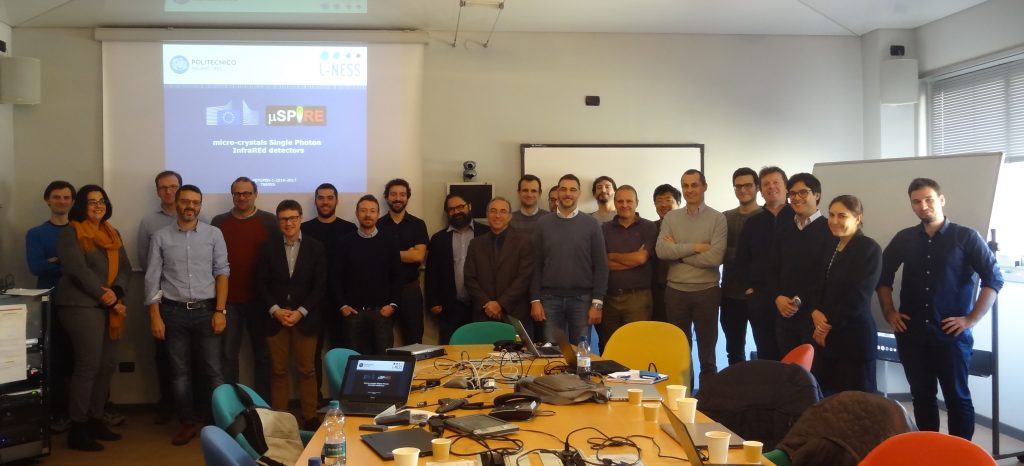PhD Position open
MicroCrystal Silicon and Germanium Single Photon Avalanche Detectors
Whilst CMOS single photon avalanche detectors (SPADs) are commercially available, the quantum efficiency is limited by the indirect bandgap and the thickness of the absorption region. At near infrared wavelengths where automotive rangefinding and LIDAR can most easily operate through fog and rain, expensive InGaAs technology limits large SPAD arrays for civilian applications. Such single photon detectors are essential for many quantum optics experiments but also for quantum communications, squeezed light imaging, rangefinding, LIDAR and appealing at longer wavelengths for the optical assessment of breast cancer risk. This project aims to deliver silicon CMOS SPADs with 80% single photon detection efficiency in the visible and Ge on Si SPADs for 1500 to 1600 nm operation for automotive and autonomous vehicle LIDAR. By growing either Si or Ge microcrystals on top of microfabricated Si pillars, thick absorption regions with very low defect densities can be achieved, ideal for high performance photodetectors. The project is funded through the EC H2020 FET Project “MicroSPIRE” and is a collaboration beween the University of Glasgow and the Politecnico di Milano in Italy, the University of Milano-Bicocca in Italy, the Philipps University Marburg in Germany, the Technical University of Dresden in Germany and Micro Photon Devices in Italy.
The University of Glasgow is seeking a high quality PhD student to fabricate the CMOS and Ge on Si devices and aid with the characterisation of the devices in collaboration with the European partners of the project. The successful student will work in the James Watt Nanofabrication Centre and learn micro and nanofabrication skills alongside academic colleagues and industrial engineers. The student will also learn about single photon detectors and photonic devices. The PhD position available includes both an annual stipend (not less than £14,553 tax free) and the payment of the university fees.
To apply, please, send your CV to stefania.mosca@polimi.it
